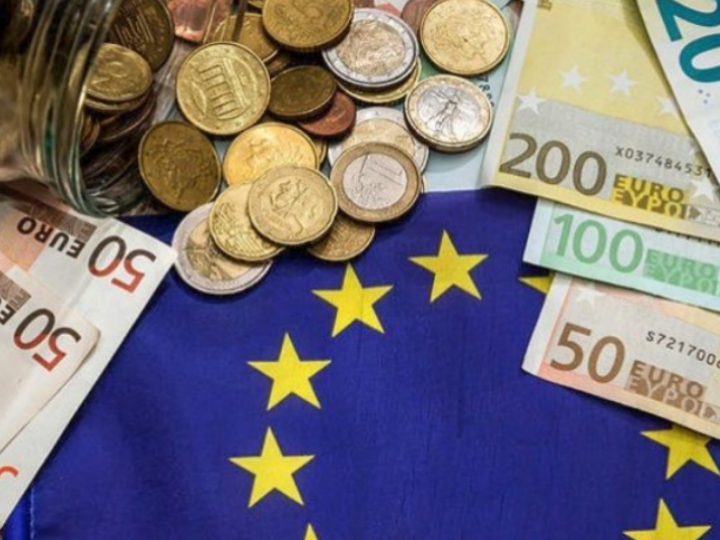EU Finance Ministers today updated the EU list of non-cooperative tax jurisdictions. Four countries or territories- Cayman Islands, Palau, Panama and Seychelles - have been added to the list of non-cooperative tax jurisdictions, as they failed to comply with the required standards within the deadline. These join the eight jurisdictions –American Samoa, Fiji, Guam, Samoa, Oman, Trinidad and Tobago, Vanuatu and US Virgin Islands - that were already on the list and remain non-compliant. By contrast, over half of the countries covered by the 2019 listing exercise have been completely delisted, as they are now in line with all of the tax good governance standards.
Following the update, Paolo Gentiloni, Commissioner for the Economy said: "The EU list of non-cooperative tax jurisdictions is helping to deliver real improvements in global tax transparency. To date, we have examined 95 countries’ tax systems and the majority of these now comply with our good governance standards. This process has led to the elimination of over 120 harmful tax regimes worldwide – and dozens of countries have started to apply tax transparency standards. Our citizens expect the wealthiest individuals and corporations to pay their fair share in tax and any jurisdiction that enables them to avoid doing that must face the consequences. Today’s decisions show that the EU is serious about making that happen.”
Under the EU listing process, jurisdictions are assessed against three main criteria – tax transparency, fair taxation and real economic activity. Those that fall short on any of these criteria are asked for a commitment to address the deficiencies within a set deadline.
Next steps
The Commission and Member States will continue the dialogue with those jurisdictions on the list and the annex II (jurisdictions with pending commitments) in advance of the next update of the EU list in October 2020. Another priority is to monitor countries that have been cleared to ensure that they apply tax good governance in practice. The EU listing remains a dynamic process, which will continue to develop in the years ahead to keep pace with international developments.
Background
Dialogue and outreach are a central part of the EU listing exercise. The Commission provides considerable support to third countries in strengthening the fight against tax abuse, as well as technical assistance to those that need it. This is particularly beneficial to developing countries, which are disproportionately hit by global tax abuse and illicit financial flows. In this context, the EU listing exercise contributes to core objectives of the Sustainable Development Goals. Of the 40 jurisdictions that have been assessed since the last major update of the EU list in March 2019, almost a dozen met the requirements and were completely delisted. This shows the positive results that the EU listing process can deliver.
In terms of consequences, beyond the reputational damage of being listed, the listed jurisdictions are subject to defensive measures at both EU and Member State level. At EU level, this concerns the distribution of EU funds. At national level, Member States should apply countermeasures too, in line with a coordinated approach that they have agreed.




 By: N. Peter Kramer
By: N. Peter Kramer

